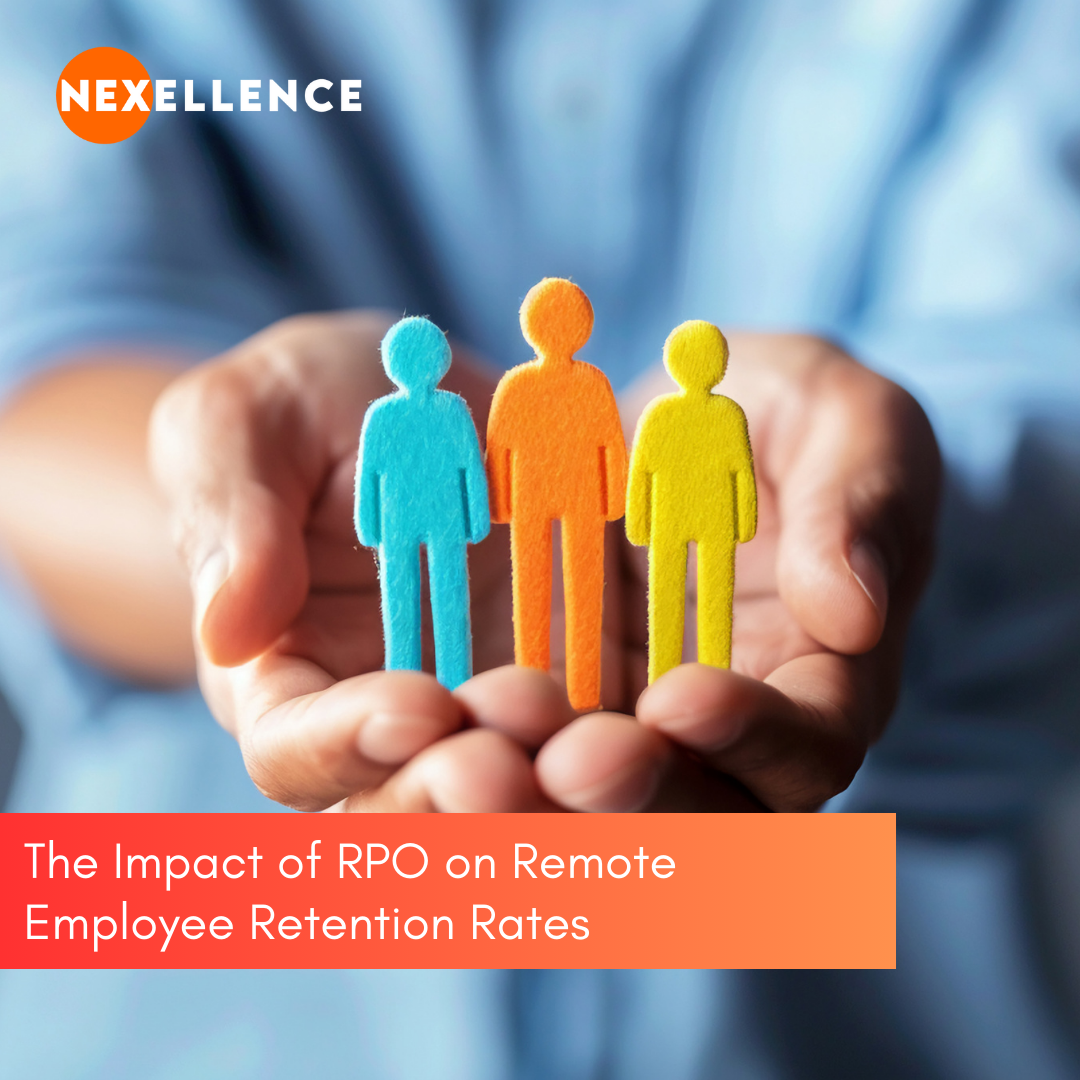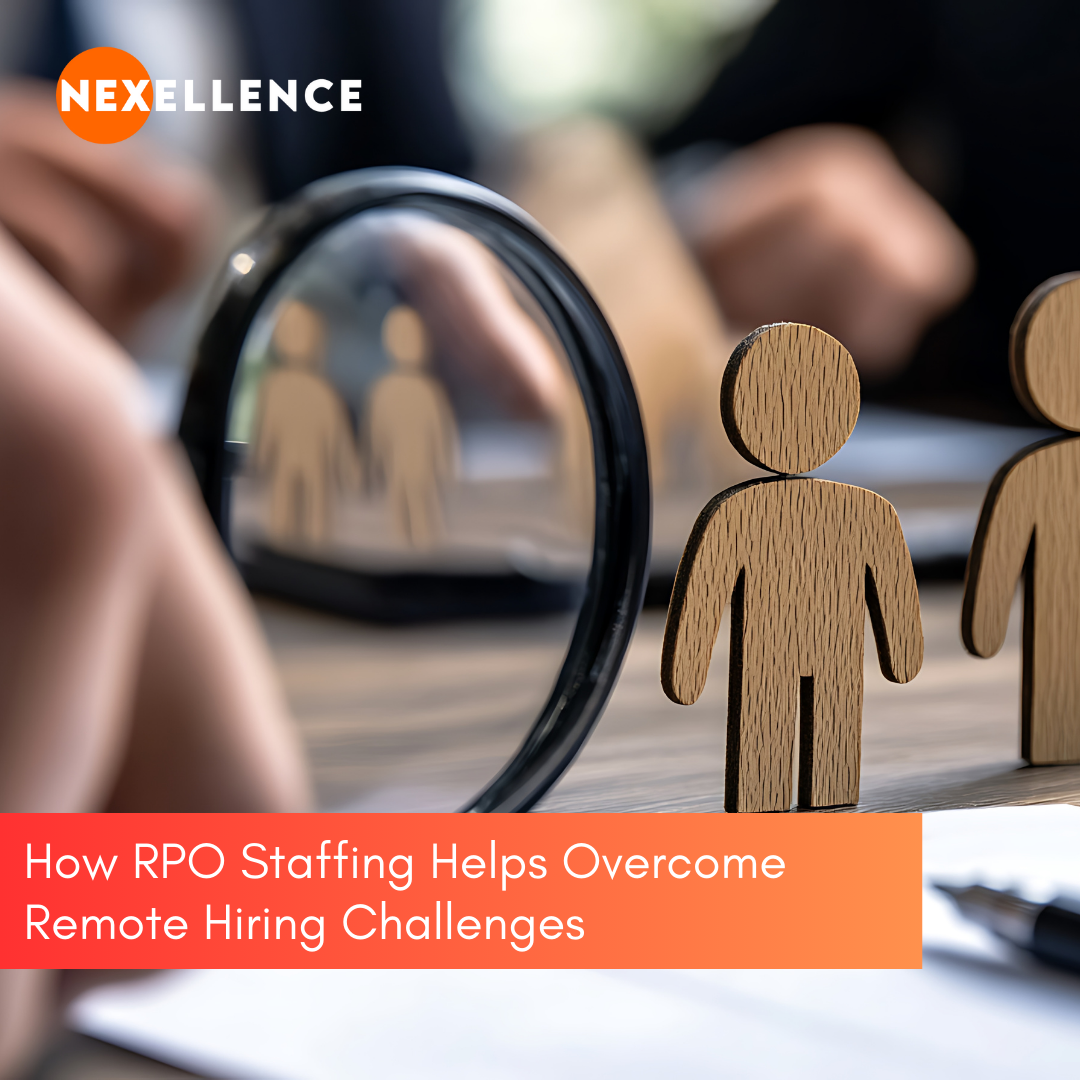As we move further into 2024, the recruitment landscape is rapidly evolving, presenting both challenges and opportunities for agencies. Staying ahead of these trends is essential for success in an increasingly competitive market. Here’s a look at the key challenges and opportunities that recruitment agencies need to navigate in 2024.
Key Challenges
- Talent Shortages
- Highly Competitive Market: The demand for skilled professionals continues to outpace supply in several industries, especially in tech, healthcare, and specialized sectors like insurance and engineering.
- Niche Skill Sets: Finding candidates with specific, in-demand skills such as AI, data science, and cybersecurity is increasingly difficult, leading to longer hiring times and increased competition.
- Evolving Candidate Expectations
- Flexible Work Options: Candidates now expect flexible working arrangements, including remote work options and hybrid models. Agencies need to align with these preferences to attract top talent.
- Work-Life Balance: There’s a growing emphasis on work-life balance, with candidates prioritizing roles that offer better personal time, wellness benefits, and mental health support.
- Technological Disruption
- AI and Automation: While technology offers many benefits, the rapid pace of AI and automation adoption can be challenging for agencies that need to continually update their processes and skills to stay relevant.
- Data Security and Privacy: With the increased use of technology comes the challenge of ensuring data security and privacy, which is critical for maintaining trust with both clients and candidates.
- Regulatory Compliance
- Global and Local Regulations: As more companies operate globally, recruitment agencies must navigate a complex web of local labor laws, data protection regulations, and industry-specific compliance requirements.
- Changing Legal Landscapes: Ongoing changes in employment law, such as gig economy regulations and equal pay laws, require agencies to stay informed and adapt quickly.
- Employer Branding
- Differentiation: In a crowded market, helping clients build and maintain a strong employer brand that resonates with candidates is increasingly challenging but essential.
- Candidate Experience: Ensuring a positive candidate experience is vital for maintaining an agency’s reputation, but this can be difficult to manage at scale.
Key Opportunities
- Embracing Advanced Technology
- AI and Machine Learning: Agencies can leverage AI for better candidate matching, automating repetitive tasks, and providing data-driven insights that improve the recruitment process.
- Virtual and Augmented Reality: These technologies offer innovative ways to conduct interviews, onboard new hires, and create engaging candidate experiences.
- Expanding Talent Pools
- Global Recruitment: Remote work has broken down geographic barriers, allowing agencies to tap into global talent pools and source candidates from a much broader base.
- Diversity and Inclusion: There’s an increasing focus on diversity and inclusion, providing agencies the opportunity to lead in this area by sourcing and advocating for diverse candidates.
- Specialization and Niche Markets
- Industry Expertise: Agencies that specialize in niche markets, such as technology, healthcare, or insurance, can position themselves as experts and attract clients looking for deep industry knowledge.
- Customized Solutions: Offering tailored recruitment solutions that address the specific needs of industries or companies can set agencies apart from the competition.
- Enhanced Candidate Experience
- Personalization: By leveraging technology and data, agencies can offer a more personalized candidate experience, which can improve engagement and satisfaction.
- Candidate Relationship Management: Building and maintaining long-term relationships with candidates through CRM tools can help agencies nurture talent pools and fill positions more quickly.
- Sustainability and Social Responsibility
- Green Recruitment: As companies increasingly focus on sustainability, agencies can differentiate themselves by adopting eco-friendly practices and aligning with clients’ environmental values.
- Social Impact: Agencies that prioritize social responsibility, such as supporting charitable causes or promoting fair labor practices, can enhance their brand and appeal to socially conscious clients and candidates.
- Flexible and Agile Recruitment Models
- Project-Based Recruitment: With the rise of the gig economy, offering project-based recruitment services can help agencies meet the needs of clients looking for temporary or contract-based roles.
- On-Demand Recruiting: Agencies can adopt more flexible recruitment models that allow them to scale services up or down based on client needs, providing a competitive edge in a fast-paced market.
Conclusion
The recruitment industry in 2024 presents a unique mix of challenges and opportunities. By staying agile, embracing technological advancements, focusing on candidate experience, and navigating regulatory changes, recruitment agencies can turn challenges into opportunities for growth. Those who adapt and innovate will not only thrive in the competitive landscape but also play a pivotal role in shaping the future of work.





